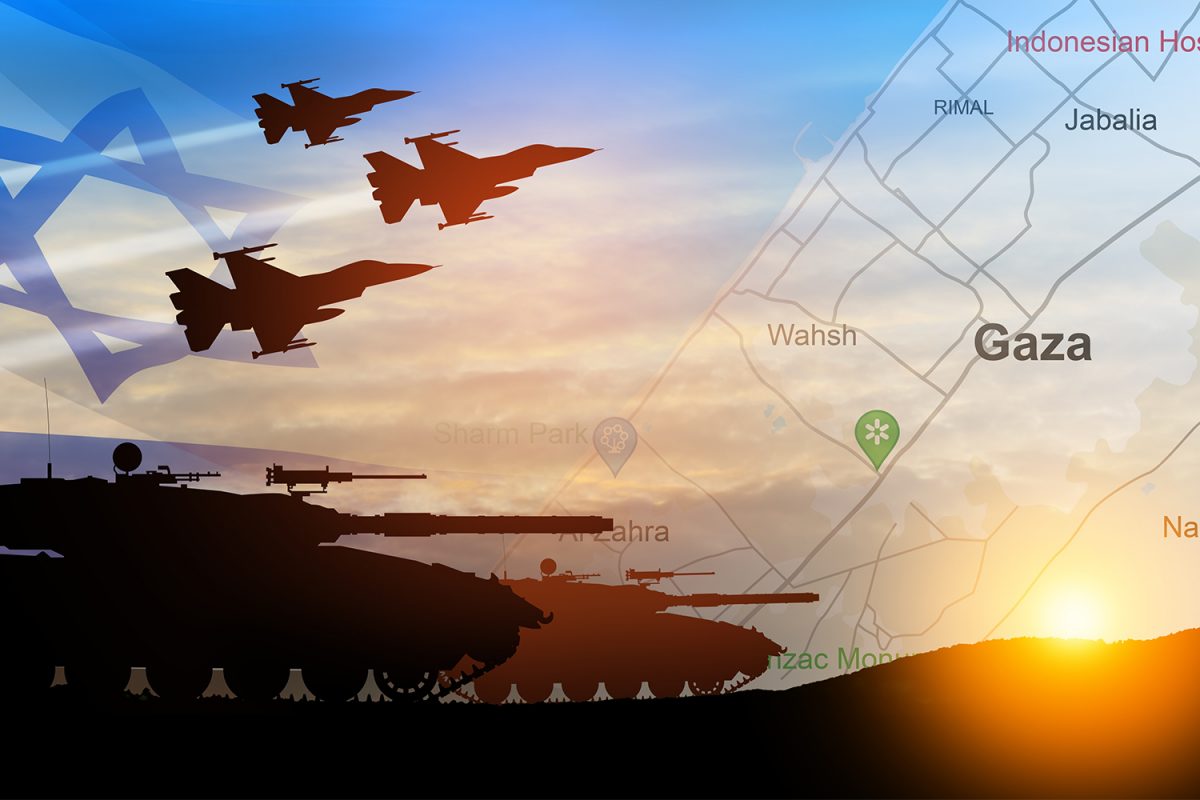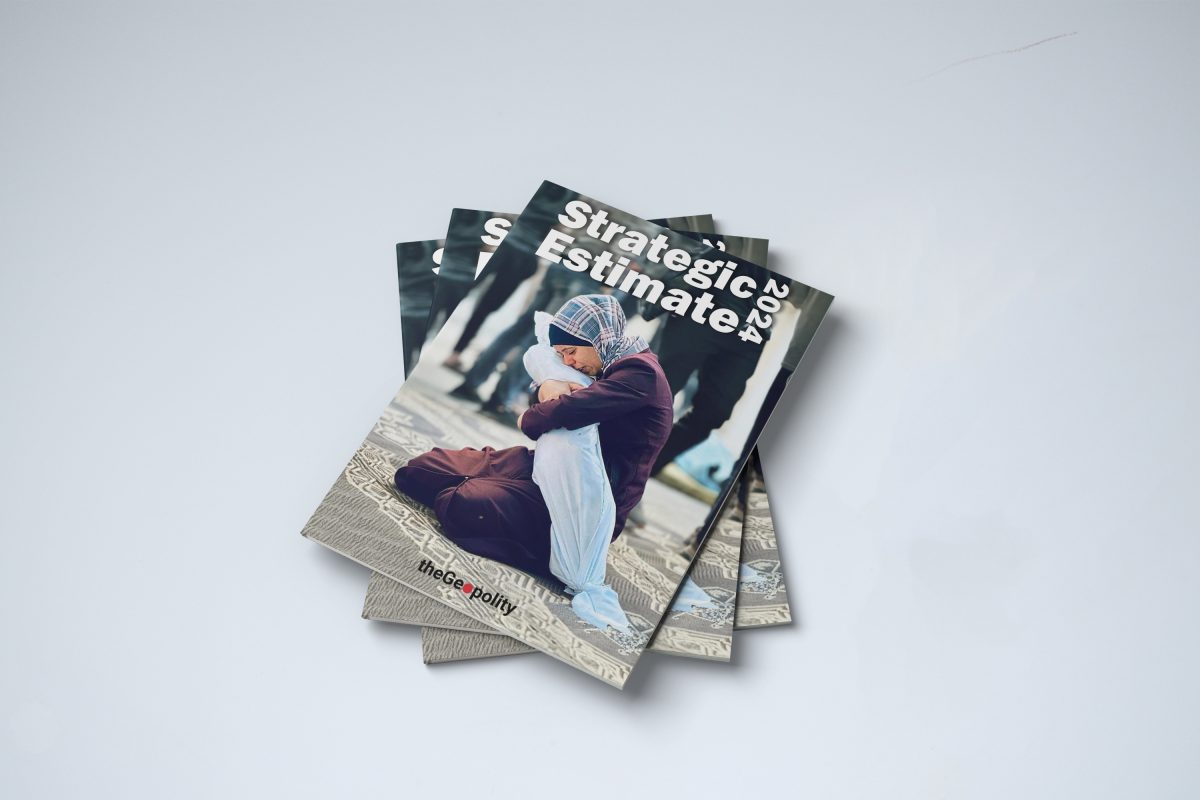Download booklet here
The 3rd of March 2024 is the one-hundredth anniversary of the date the Khilafah came to an end in Türkiye. In the era after World War I, the Europeans were shaping the world, creating the nations we have today in the Middle East and across the Muslim world. Islamic rule was to be a thing of the past with nationalism, national flags and national borders becoming the new identity of the Ummah.
But the decades passed, Communism failed and Capitalism’s supremacy is too running out of steam. As we fast approach the quarter point of the 21st century, the forward march of liberal values, the dominance of democracy and the liberal economic order are all on life support. The West is now struggling to justify why we should all be liberals. Today, we are in a world where it is not the end of history, but it is fast becoming the end of secular liberal values.
There are nearly 2 billion Muslims in the world today, making them a formidable bloc. In the context of liberal values struggling to deliver, what alternative do the 2 billion Muslims possess? What is Islamic governance? What does this mean exactly? Is Islam capable of governing in the 21st century? Does Islam have solutions to the economic woes of the Muslim world? What does Islam say about relations with foreign nations? Can Islam solve the sectarian problems of today? How would an Islamic system be established? Would this be an accountable and representative system?
This booklet aims to provide simple answers to practical questions. The book aims to cover key areas of governance, economy and foreign policy. The booklet does not necessarily provide detailed answers. They can be found in other books. The context of this booklet is, on the centenary of 1924, who will dominate the remainder of the 21st century? Do the Muslims have something to offer?




